
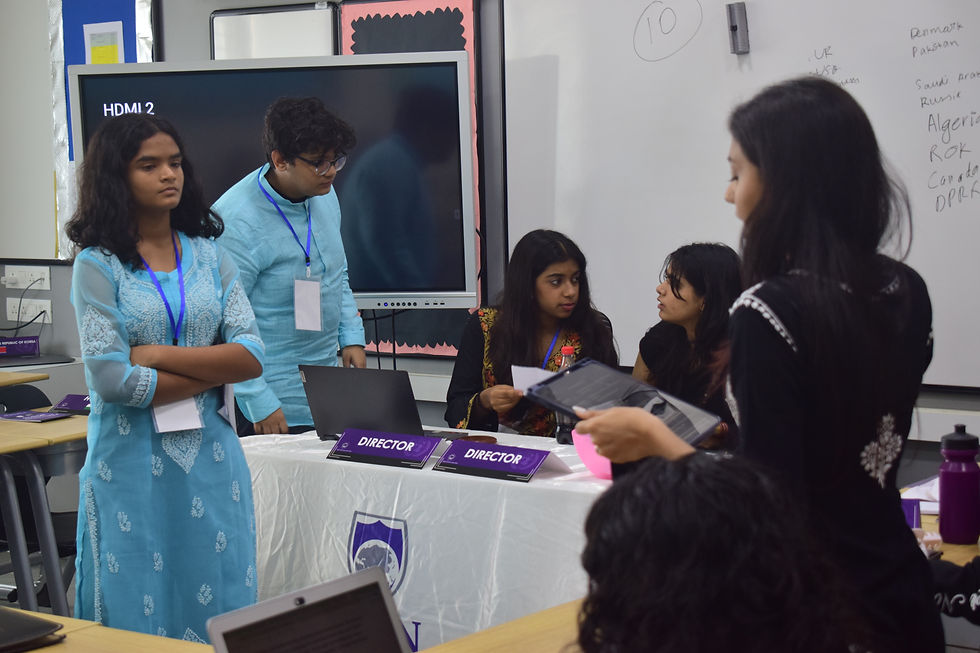
About the Committee
The United Nations Children’s Fund (UNICEF) is a subsidiary organ of the United Nations General Assembly mandated to safeguard children’s rights, promote their well-being, and help them reach their full potential from early childhood through adolescence. Established by the General Assembly on 11 December 1946 initially as a temporary fund to assist children affected by World War II, UNICEF became a permanent part of the UN system in 1953. Today, it operates as a global programme working in over 190 countries and territories, governed by an Executive Board of 36 elected member states. This year at JBCN Oshiwara MUN, UNICEF will discuss the ongoing child labour crisis with a special emphasis on exploitative labour.
Child labour remains one of the most pressing issues affecting millions of children worldwide. According to the International Labour Organization (ILO), over 160 million children are engaged in labour that harms their physical, mental, and social development. Many children work in hazardous industries such as mining, agriculture, and manufacturing, often enduring long hours, poor conditions, and little or no pay. Factors such as poverty, armed conflict, and weak enforcement of child protection laws push children into forced labour, perpetuating cycles of inequality and deprivation. Addressing child labour requires a comprehensive approach involving governments, international organizations, and civil society to protect children’s rights, improve education access, and enforce labour regulations. Delegates must work towards effective strategies that prioritize child protection and sustainable development.
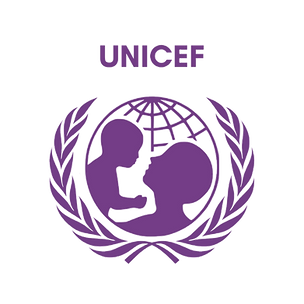
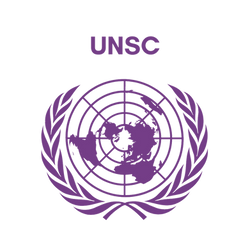 |  |  |  |  |
|---|---|---|---|---|
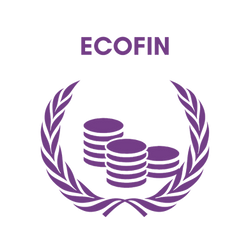 |  |  | 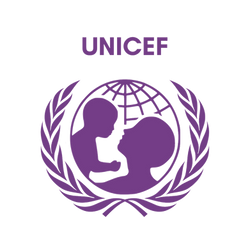 |

